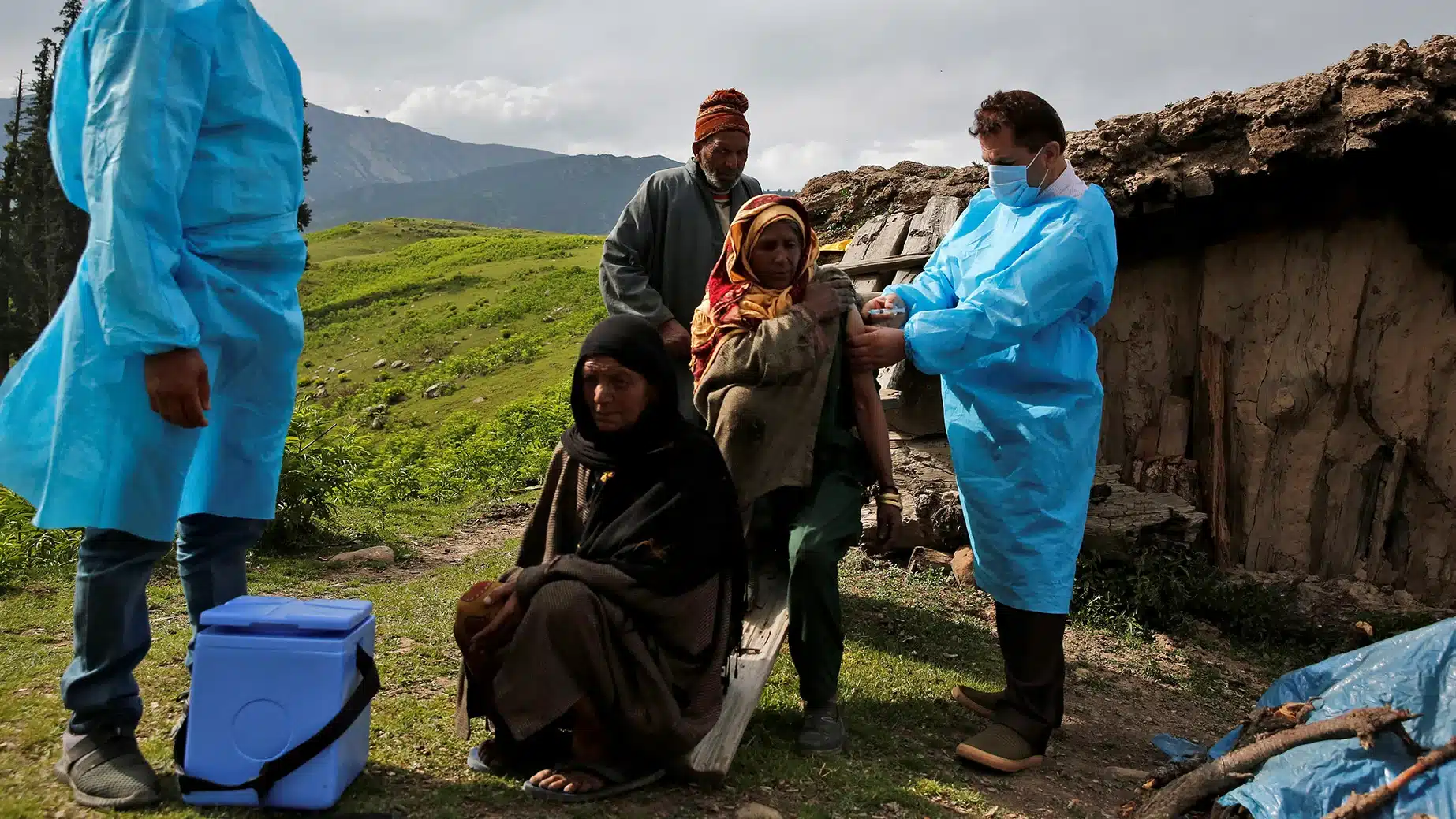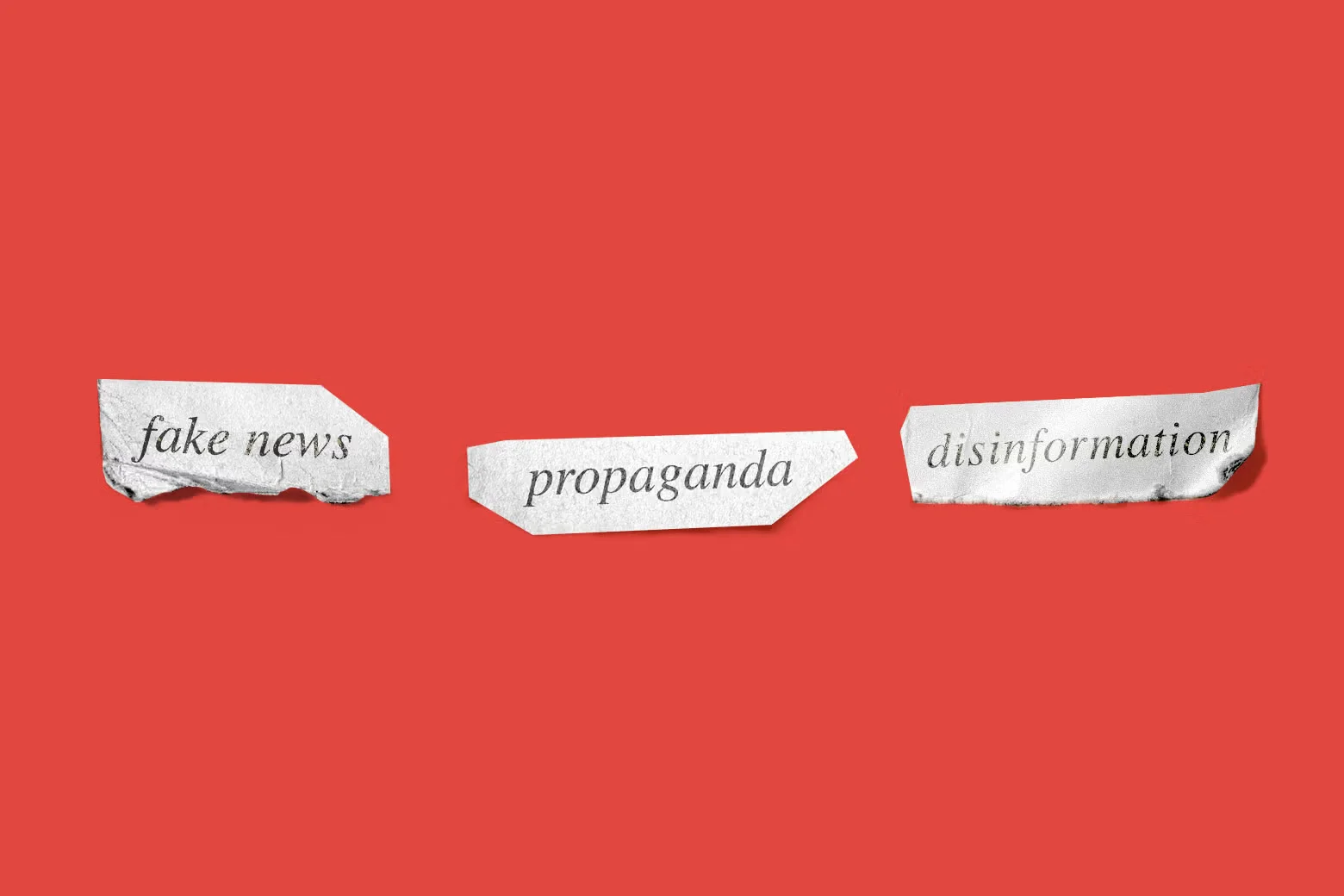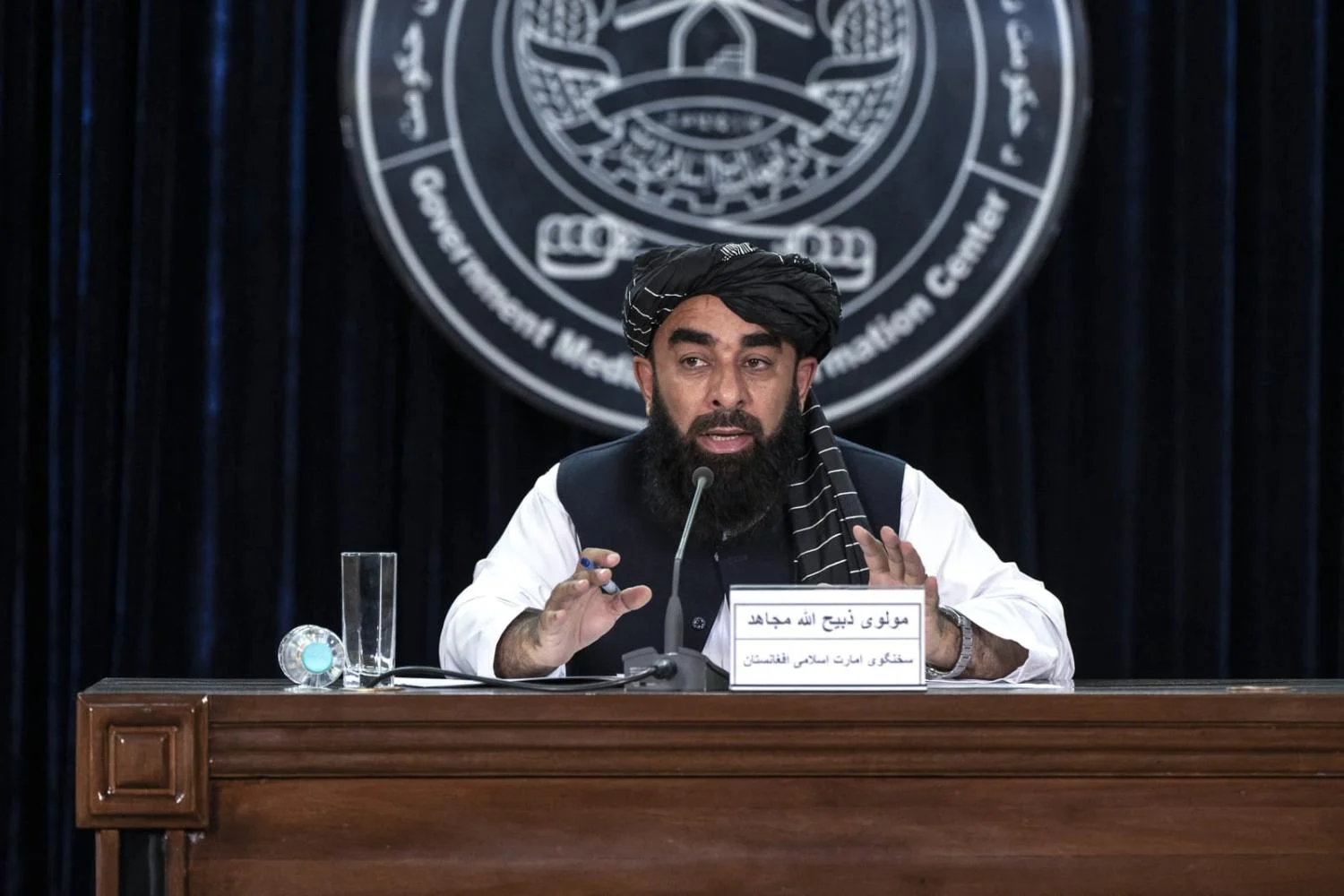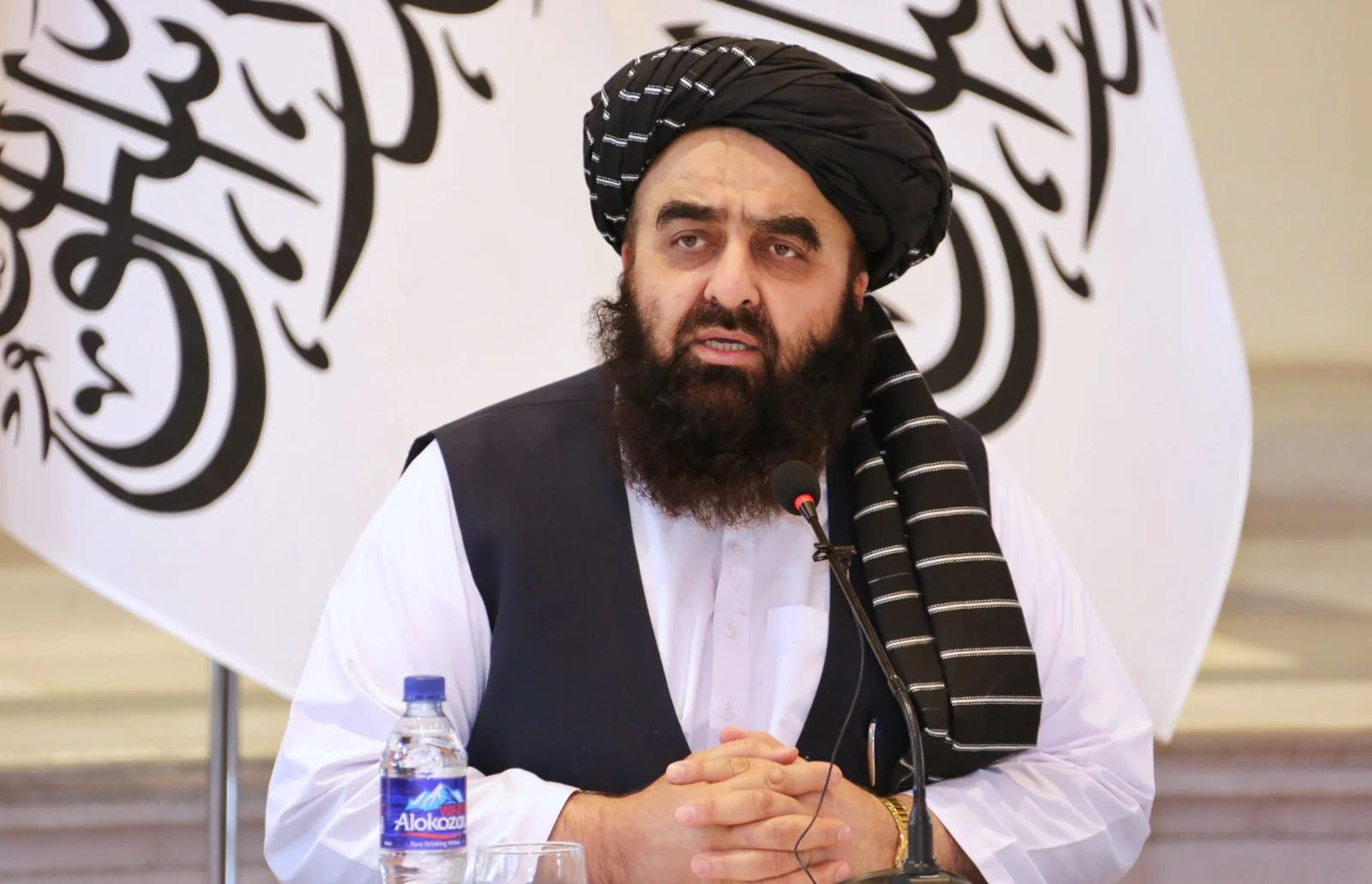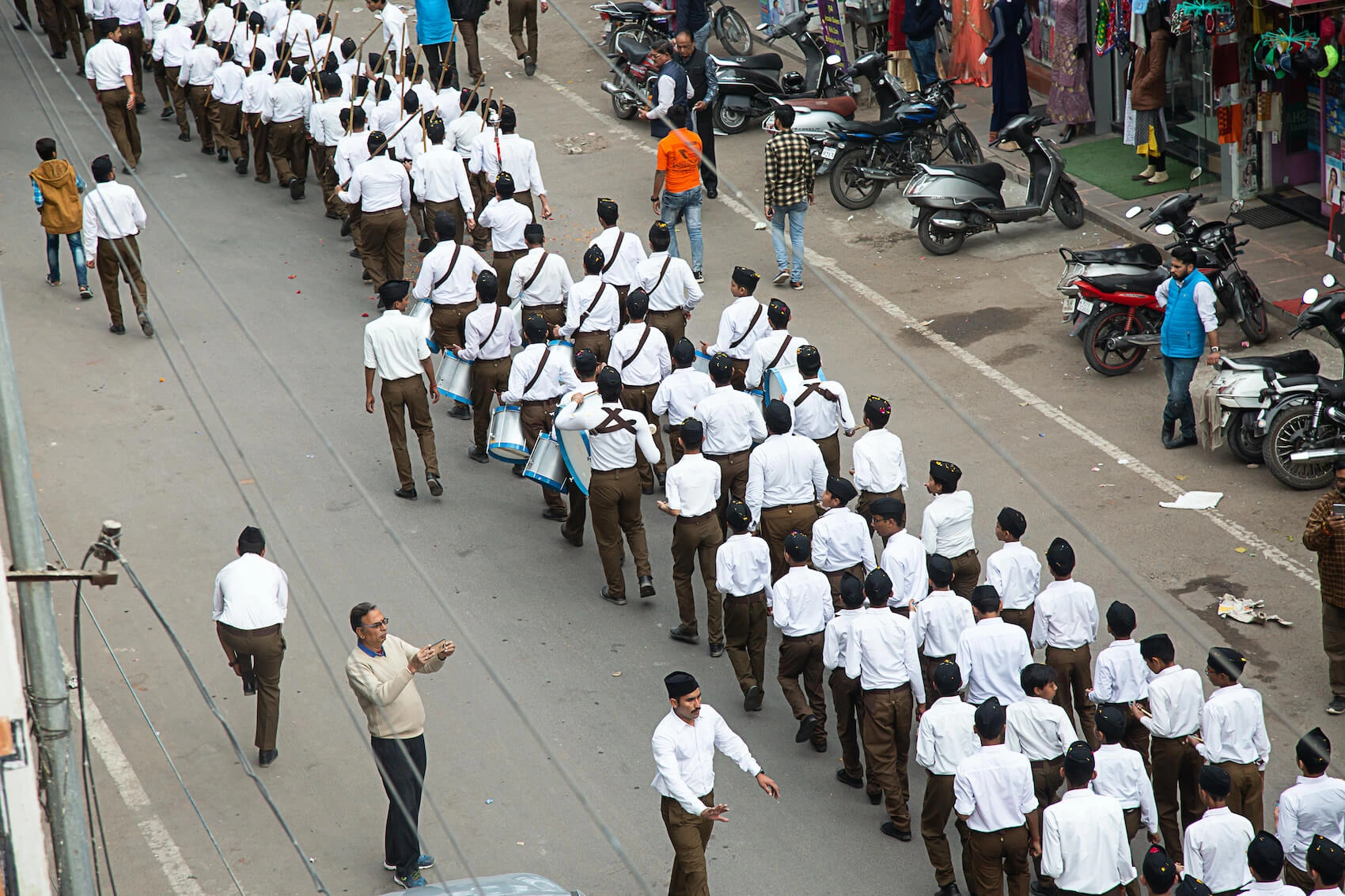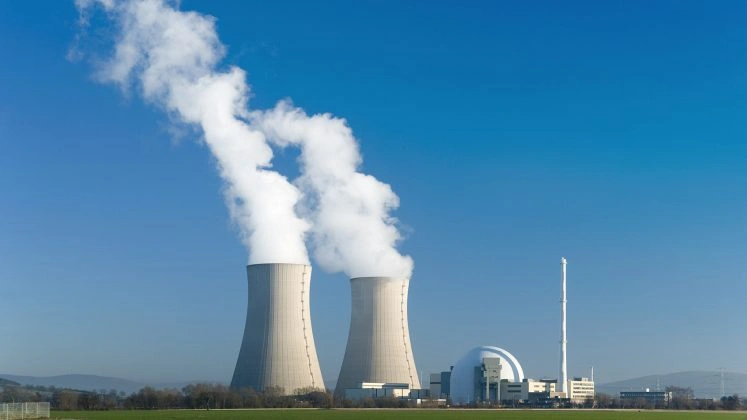The humanitarian aid from around the world flows into India as India deals with the worst COVID crisis it has seen since January of 2020. The crisis engulfs not only 1 billion people of India but also its neighbours. It is an alarm bell for the world to take measures to curb the virus, particularly in light of the handling of the situation by the Modi government .
Pakistan to the Rescue
One of the countries that offered humanitarian help to India was none other than its 7-decade old arch-rival and neighbour, Pakistan. This offer came as a surprise to many. It also depicted the pro-peace image and stance of Pakistan. Pakistan despite its own struggles has been reiterating its stance on peace for the past many weeks.
The offer came not only from the notable humanitarian organization of Eidhi foundation, the world’s largest ambulance service but also from Prime Minister Imran Khan personally. People of IOK and AJK share the same cultural, genealogical patterns and religion. The world’s most dangerous border, the Line of Control, divides the two but these commonalities manage to bind the two states together. Members of the same family live on each side of AJK and IOK. People of AJK are extending their help to the people of IOK due to their aforesaid relations. Indeed, The Indian Government has attempted to separate these families from one another. However, these efforts have failed as they are united by their hearts and feelings.
Azad Jammu and Kashmir Jumps in to Help
The President of Pakistani-administered Azad Jammu and Kashmir Sardar Masood Khan said that Kashmir has become a volatile region for the COVID virus. This is due to the strict policies of Modi in the region. Therefore, Azad Jammu and Kashmir is ready to assist and send help to Indian-Occupied Kashmir via AJK Red Crescent.
Grave Situation
Recently, Indian-Occupied Kashmir saw not only a surge in cases but also the oppression and discriminatory policy of the Modi Government. Particularly in terms of aiding the people of Kashmir. The cases in Kashmir for the past six days have been over 3000 per day on average. In April alone it recorded 45,000 cases and 300 deaths. On the whole, Indian Occupied Kashmir has seen over 187,000 total COVID cases since the start of COVID. Whereas, it has faced 2,400 deaths in total.
Even though a five-member committee has been formed under the command of the Chief Secretary of the Union territory with the assistance of Lieutenant Governor of Indian-Occupied Kashmir, the fascist’s action of the federal does not depict its true intentions of helping the people of Kashmir.
Also See: ECOSCO President Munir Akram Voices for Global Equality and Justice
Crisis Ignorance Continues
Since August 2019, the Modi government revoked Kashmir’s autonomy. Resultantly, several hundred innocent Kashmiris were arrested. Meanwhile, the government also imposed a strict curfew. Indian-Occupied Kashmir is under the surveillance of 700,000 BSF soldiers of India. The Indian government has arrested several Kashmiri leaders, which include; Amiya Andrabi, Muhammad Yasin Malik, Shabir Ahmed Shah, Ashraf Sehrai, Advocate Shahid-ul-Islam, Altaf Ahmed Shah, Nayeem Ahmed Khan, Ayaz Akbar, Peer Saifullah, Raja Merajuddin Kalwal, Syed Shahid Yousuf, Shakeel Ahmed, Farooq Ahmed Dar, Fehmeeda Sofi, Nahida Nasreen, Zahoor Ahmed, and others.
Earlier, Pakistan’s Foreign Office condemned the imprisonment of the Kashmiri leaders and called for their release. They stated that many of them are COVID positive and have not been provided adequate medical treatment. Furthermore, it was reported this week that the Indian federal has also stopped the supply of vaccines to Kashmir.
Modi and his security advisors are using ‘force and development in parallelism’ policy. They have applied this policy since the abrogation of autonomous power of IOK on August 5th 2019. It is in the interest of Modi and his government to contain the people of Kashmir in their homes through the means of COVID lockdown. Otherwise, things will get tough for Modi Government if the people of Kashmir get a chance to raise their voices and slogans for freedom.
Outcomes
Moreover, after conducting such discriminatory actions that also violate International Human Rights, President Modi continues to ask, why do the people of Kashmir struggle for freedom? All these circumstantial factors must be considered before the Modi Government blames the outcomes of its action on Pakistan – again!

